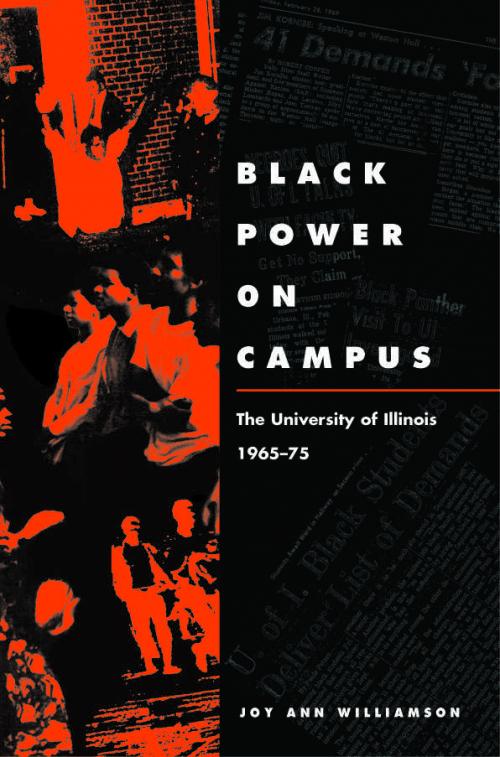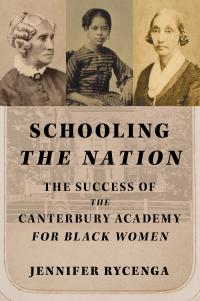
Black Power on Campus
About the Book
Joy Ann Williamson charts the evolution of black consciousness on predominately white American campuses during the critical period between the mid-1960s and mid-1970s, with the Black student movement at the University of Illinois at Urbana-Champaign serving as an illuminating microcosm of similar movements across the country.Drawing on student publications of the late 1960s and early 1970s, as well as interviews with student activists, former administrators, and faculty, Williamson discusses the emergence of Black Power ideology, what constituted "blackness," and notions of self-advancement versus racial solidarity. Promoting an understanding of the role of black youth in protest movements, Black Power on Campus is an important contribution to the literature on African American liberation movements and the reform of American higher education.
About the Author
Joy Ann Williamson (now known as Joy Ann Williamson-Lott), an alumna of the University of Illinois at Urbana-Champaign, is an associate professor of educational leadership and policy studies in the College of Education at the University of Washington. She is the author of Radicalizing the Ebony Tower: Black Colleges and the Black Freedom Struggle in Mississippi.Reviews
"A superbly written historical study focusing on one of the most controversial periods in American higher education reform."--Education Review"Offers a rich and complex view of the various ways black students sought to construct their social, political and racial identities, while helping to, in part, reform the University of Illinois for future generations of racially underrepresented students."--History of Education Quarterly
"Frank, well-reasoned, and appropriately multifaceted. . . . An important case study, and a fine historical analysis."--Journal of African American History
Blurbs
"Williamson has made a very worthwhile contribution to our understanding of a complex, turbulent chapter in American higher education. She provides an essential background for the period she explores, a well researched and sensitive description of Black activism as it found expression on campus between 1965 and 1975. Equally interesting is her analysis of the sharp decline in activism by the mid-1970s"--Richard P. McCormick, author of The Black Student Protest Movement and Rutgers













